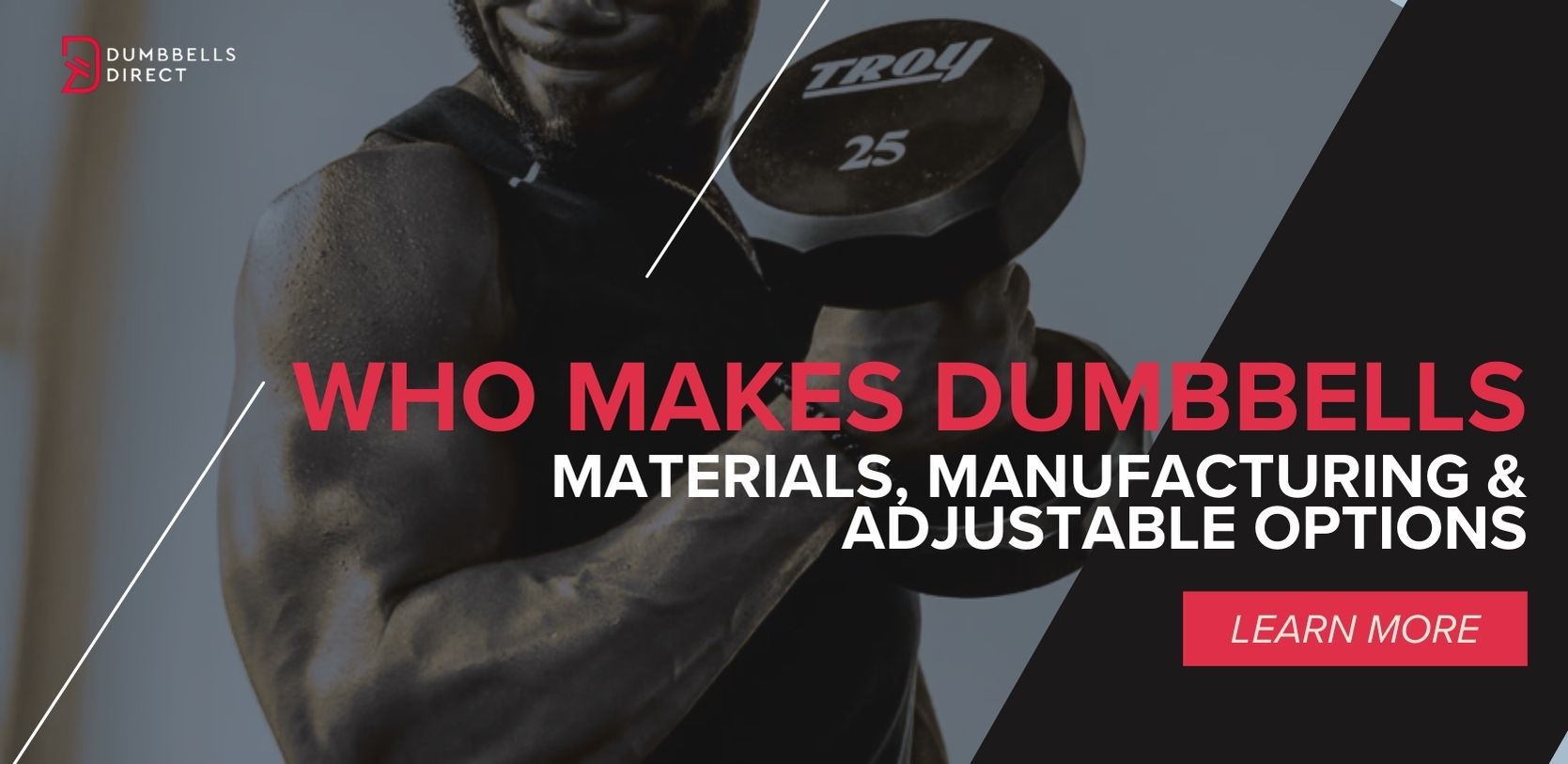
Who Makes Dumbbells: Materials, Manufacturing & Adjustable Options
Ever wondered who makes dumbbells—those trusty lumps of iron, rubber, or urethane you curse during curls but love when flexing later? Short answer: they’re made by global giants like Troy, PowerBlock, York, and TAG, with factories from the USA to Asia. Curious how they’re designed, built, and what goes into the best-selling dumbbells? Keep reading—you might never look at your weights the same way again.
What Makes a Dumbbell Adjustable
Types of Adjustable Mechanisms (Selector Dial, Pin, Spin-Lock, Loadable Plates)
Adjustable dumbbells are like the Swiss army knife of weights. Instead of filling a room with a hundred different dumbbells, one set can do it all.
Some use selector dials, like the popular PowerBlock dumbbells or Bowflex, where you twist a knob and instantly change the load. Others use a pin system, sliding a pin to lock in your weight like you would on a gym machine.
Old-school lifters might prefer spin-lock collars, where you twist and tighten to hold plates in place. Then there are loadable dumbbells, basically mini barbells, where you add plates yourself. Each method has its fans, depending on how much speed and convenience you want.
Pros & Cons of Adjustable vs Fixed for Durability, Speed, Cost
Adjustables are space-saving lifesavers. They’re often the best adjustable dumbbells for people training in apartments, garages, or shared spaces. You don’t need an entire wall of iron to train.
The downside? Moving parts mean more wear and tear. Drop them too often, and they won’t last as long as solid fixed dumbbells.
Fixed dumbbells, like Troy dumbbells, are the tank of the weight world. They’ll survive decades of workouts, but they demand more space and a bigger budget if you want a full range.
Real Examples: Adjustable Brands & Models Worth Noting
If you’re shopping around, some names stand out.
PowerBlock dumbbells are compact and durable, with a unique blocky design that saves space. Bowflex SelectTech models are a go-to for home users who want quick dial changes. And for lifters who like a rugged feel, Ironmaster loadables mimic traditional dumbbells but let you swap plates easily.
For many, these are the best dumbbell set for beginners, offering variety and progression without breaking the bank—or your floor space.
What Dumbbells Are Made Of (Materials & Construction)
Core Materials: Cast Iron, Steel, Rubber, Urethane, Vinyl, Plastic Fillers
Dumbbells look simple, but their guts matter.
-
Cast Iron gives you that old-school clang and unbeatable toughness.
-
Steel is strong and sleek, often chrome-coated.
-
Rubber keeps floors safe and reduces noise.
-
Urethane is the premium pick—durable, odor-free, and built for commercial gyms.
-
Vinyl or Plastic Filler dumbbells are light, colorful, and budget-friendly, though not meant for heavy lifting.
Coatings & Finishing: What They Do & Why They Matter
That outer layer isn’t just about looks. Rubber and urethane protect your floors and your ears. Chrome shines on a rack but can get slippery if your hands are sweaty. Vinyl is common on lighter sets for group classes and beginners.
The coating you choose can make your training space quieter, safer, and a lot more user-friendly.
Handle Design & Shape: Ergonomics, Knurling, Head Shapes (hex, round, block)
Handles are often overlooked, but grip comfort makes or breaks a session. Knurled steel handles provide that gritty bite lifters love, while smoother grips feel easier for high-rep training.
Shape also matters. Hex dumbbells won’t roll away when you drop them. Round dumbbells look classic but can wander across the floor. Adjustable designs like PowerBlocks use a block shape that feels different in the hand but is incredibly space-efficient.
If you’re looking to pick the perfect dumbbell set for your home gym, don’t miss our complete guide featuring the top 10 picks: The Best Dumbbell Set for Home Gym: Complete Guide + Top 10 Picks
How Dumbbells Are Manufactured
Design Phase: Weight Specs, Logos, Handle, End Shapes
Before a dumbbell ever hits your hand, it starts on a sketchpad. Brands decide weight ranges, handle thickness, coatings, and even whether a gym’s logo should be stamped on the ends.
Custom options are big business—gyms often want branded dumbbells to stand out. That’s why companies like Troy dumbbells offer custom logo sets.
Casting & Molding vs Machining & Forging Processes
There are two main ways dumbbells are born.
Casting and molding involves pouring molten iron or steel into molds. It’s cost-effective and common for budget-friendly options. Forging or machining takes steel and compresses or carves it into shape. It’s more expensive but produces a stronger, cleaner finish—what you’ll find in higher-end urethane dumbbells.
Coating Application, Surface Treatment, Finishing Steps
Once the core is made, coatings are applied. Rubber, urethane, vinyl, or chrome are bonded or layered to protect the dumbbell. This stage also includes polishing, painting, and making sure the finish is smooth.
Quality Control: Tolerances, Weight Calibration, Safety Testing
Premium dumbbells are tested to ensure accuracy. A dumbbell marked “50 lbs” should actually weigh 50 lbs—not 47 or 54. High-end brands test weight tolerances, durability under drops, and grip safety before they ship.
How Dumbbells Are Weighed & Certified
Calibration Methods & Standards (Manufacturers, Labs)
Manufacturers weigh dumbbells on industrial-grade scales, sometimes even calibrating in labs. The goal is consistency across every set.
Acceptable Tolerance Ranges & Markings
Cheaper dumbbells can be off by several pounds, while premium ones like Troy or PowerBlock usually stay within 1–2% accuracy. For casual users, it’s not a dealbreaker. For athletes, it can make a big difference.
How Users Can Check Accuracy at Home (scales, comparison, trial lifts)
Ever curious if your dumbbells are true to their label? Put them on a bathroom scale. Or compare them against a barbell plate you know is accurate. Sometimes, even a trial lift tells you if something feels “off.”
Where Dumbbells Are Manufactured & Brand Origins
Major Manufacturing Regions (USA, China, Taiwan, Europe, etc.)
If you’ve ever Googled “who makes dumbbells in USA”, you’re not alone. Many buyers want local products.
-
USA: Companies like Rogue and Iron Grip still produce domestically.
-
China and Taiwan: These regions handle the bulk of global dumbbell production.
-
Europe: Smaller, boutique manufacturers focus on premium builds.
Domestic vs Overseas Production & “Made In” Claims
“Made in the USA” can mean fully manufactured stateside, or it might just mean assembled here. Always check the details if buying local matters to you.
Boutique Custom Manufacturers & Small-Batch Makers
Some companies specialize in small runs and custom branding. They’ll stamp your gym’s logo on urethane heads or create limited designs. These are the folks behind unique dumbbell sets you might see in boutique studios.
Wrap-Up
From classic cast iron dumbbells to high-tech adjustable dumbbells, every detail—from the material to the manufacturer—affects your training experience.
Brands like PowerBlock dumbbells and Troy dumbbells dominate for a reason: they balance quality, durability, and practicality. Whether you’re chasing space-saving adjustables or building a heavy-duty home gym, understanding how dumbbells are made helps you choose the best dumbbells for your goals.
And for beginners starting out? An adjustable set might just be the smartest investment you’ll ever make.





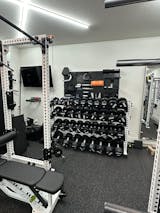


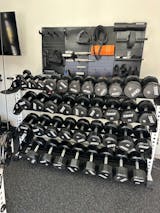
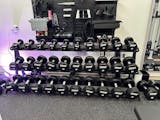
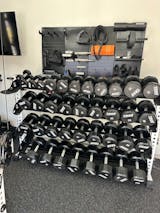
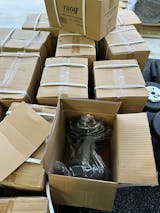

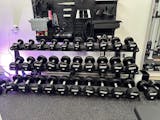
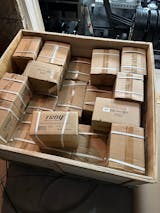
Leave a comment